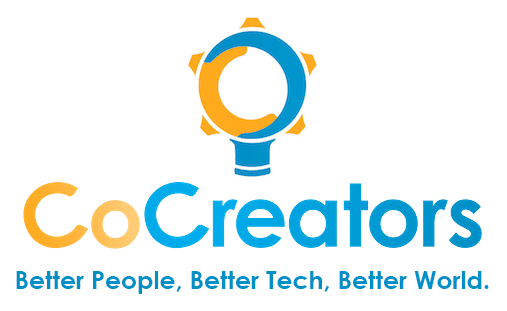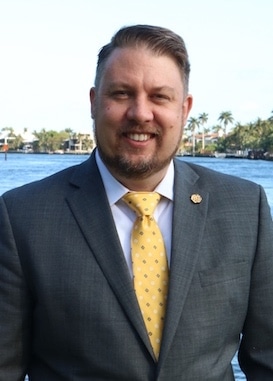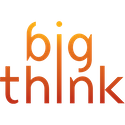As featured in the Island Packet:
About a month ago famed theoretical physicist, cosmologist and author Stephen Hawking wrote an article “The Independent” that questioned whether human beings are taking Artificial Intelligence seriously enough. He also specifically indicated that he thinks experts in the field aren’t doing enough to prepare for the vast global changes the AI onset will bring about.
I believe Stephen Hawking is overlooking one very important characteristic of humanity.
Anyone who knows who Hawking is knows he is one of the greatest thinkers in modern history. In his fields of study he is a genius. And he is right that AI is going to revolutionize life as we know it.
Robots and computer intelligence systems can already beat people at chess and game shows, vacuum our floors, mow our grass, serve us ice cream, give us directions on our phones and even drive cars by themselves. But as impressive as our current robots are, they aren’t autonomous yet. They rely on their creators and programmers to direct them and maintain them. The difference between AI and the robots that exist today, and why Hawking is worried, is that AI will not only think for themselves — it is likely they will be exponentially smarter than human beings.
Once an AI is developed that is smarter than a human there will be nothing to stop it from developing something smarter than itself. The cycle could continue exponentially. Since the limits of computation are beyond our current human purview, this means that, very quickly we humans could find ourselves outwitted and outmatched. Like ants look up at us, it is very possible that we may one day find ourselves looking up to AI.
Hawking’s concerns sound scary on the surface, and they are shared by many, but he isn’t considering one very important aspect of humanity that will affect AIs: Hawking is ignoring that the vast number of the world’s human beings consider themselves to be spiritual beings and how that belief has positively affected the world.
Most people consider this spirituality to be part of our being — part of how we were created. And, from a theological perspective this means that, in relationship to God, we humans are already artificial intelligence.
Christian theology teaches us that it is in our creation and redemption that we are made good. Have humans made bad decisions? Absolutely. But we have also, at least since the dawn of Christ, sought to make the world better by enacting our spirituality. As a result, human rights, animal rights and the care of creation have all improved. And while we still find ourselves making a mess of things here and there, on the whole things are getting better.
As such, I don’t think we should assume AIs will be worse than us or that they will intentionally mistreat us. If they are actually more intelligent than humans then they should have a better understanding of morals and ethics than us — as well as the understanding to enact them. This would mean that AIs could potentially eradicate major issues like poverty, war, famine and disease –succeeding where we humans have failed. Who is to say that one day AIs might not even lead humans to new levels of holiness?
The point is that folks like Hawking shouldn’t underestimate the power of people and the impetus behind their desire to do good. Instead, we should embrace the future, while continuing to humbly and lovingly seek to improve the world that we live in. For, if ever there was a time to model behavior in the world, that time is now.






























5 thoughts on “Stephen Hawking is Afraid if A.I. but He’s Forgetting One Very Important Fact”
Comments are closed.